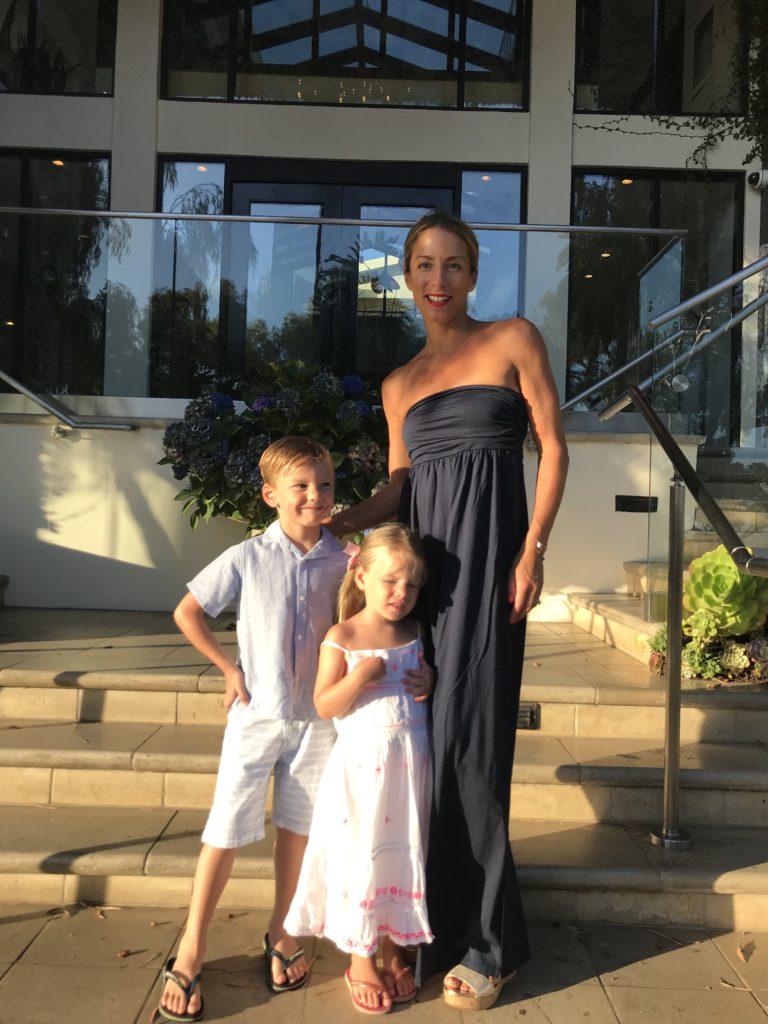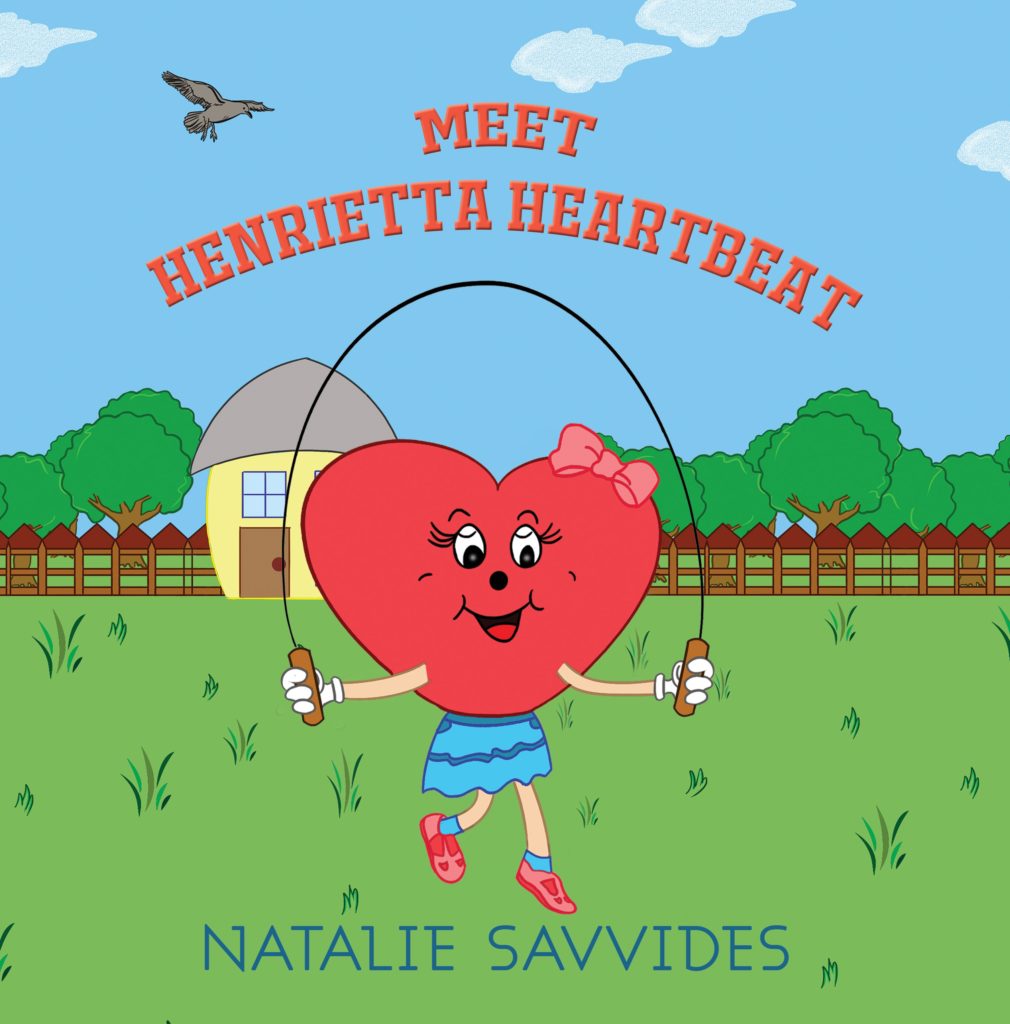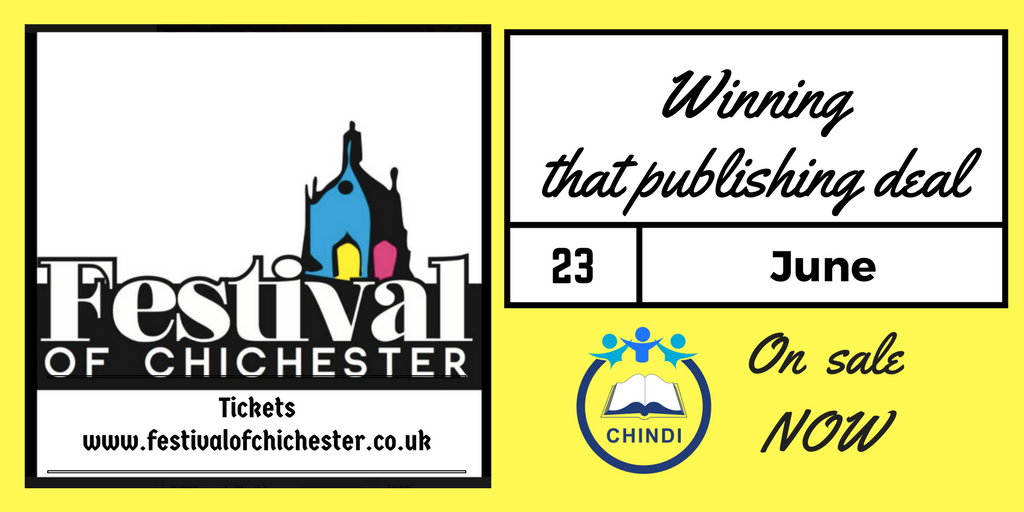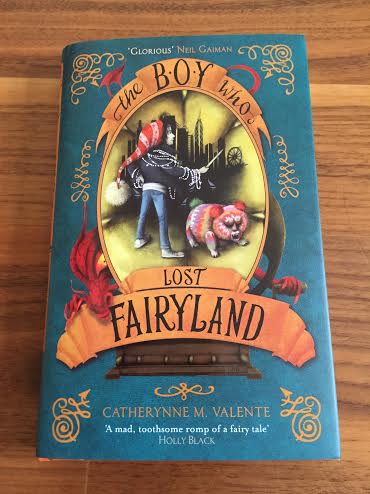Natalie Savvides is a staunch anti-bullying campaigner whose series of Henrietta and Henry Heartbeat books focus on imparting positivity, good behaviour and kindness among young readers aged up to six years old. In this exclusive Q&A, Frost Magazine speaks to Natalie about her new Meet Henrietta Heartbeat books and about her plans to spark a “kindness revolution”
Frost Magazine (FM): You published your first Young Adult (YA) novel, Full Circle, in 2016. How did you find the transition from writing YA to young children?
Natalie Savvides (NS): To be honest, the transition came very naturally, I didn’t even think about it. I never thought I’d write children’s books but as soon as I felt something needed to be done to educate the youngest generation in kindness, the process was utterly spontaneous. The characters just came to me, as did the stories. I’ve always loved poetry, writing in rhyme and having been a teacher of English to foreign students for some years my mind is accustomed to getting messages across in the simplest most understandable way. I wrote about what I saw with my own children, so the topics were many and presented themselves.
FM: Tell us more about the Meet Henrietta Heartbeat series of novels and who they will most appeal to.
NS: Henry & Henrietta Heartbeat, It’s cool to be kind is the series, of which the first book currently on sale is “Meet Henrietta Heartbeat” and is an introduction to one of the main characters. Henry & Henrietta are brother and sister in the Heartbeat family and they go about their days showing people how to be kind, by demonstrating what to do, how to act in situations of conflict or confusion with other children. The series of books which are all very short stories, in rhyme and heavily illustrated are set to appeal to the critical formative years 0-6…. The idea is to make being kind a way of life and a natural, spontaneous behaviour by it being learnt, understood and most importantly enjoyed at the earliest stage of education. It is proven that early PSED (personal social emotional development) has a huge impact on well-being, achievement, and happiness later on.
FM: How did the series come into being?
NS: The stories came about when I realised that in order to protect my children’s life experience outside of the home and those of all children something had to be done about instilling kindness before unkind behaviour appears. The trigger was when my son told me that some of the boys that he liked at nursery didn’t want to play with him and he simply didn’t understand and was terribly upset by it. It broke my heart. There is no need for this type of behaviour and I wanted to try and show children that. I wanted to find a way to educate children in a fun way that it really is cool to be kind to everyone and that we all benefit when everyone is happy. I realised there was a need for something visual that children could relate to, refer to in order to bring the message to life and help it sink in. I felt cartoon characters would be the most obvious answer. I created Henry & Henrietta Heartbeat as big happy hearts with strong characters that appeal to young children as transporters of this increasingly important message of acting with kindness. Henry & Henrietta subtly but clearly educate children though simple rhyming stories showing how to always act with care, inclusion, acceptance, love and kindness and how everyone is happier when living this way.
FM: Some parents (and teachers) believe that dealing with unkindness (and to some extent with bullies) is a rite of passage and one that prepares them for the real world. What is your view on this?
NS: Whilst that may be true at the moment – that is exactly what I’m trying to change! It’s a little defeatist to say let’s get them prepared for what’s to come – because large parts of the ‘real world’ are relatively unkind – instead of accepting this and ‘preparing’ our children for it, why not try to change the future for the better. If we manage to educate the younger generation in kindness until it’s a spontaneous way of life the future would be brighter! We wouldn’t need to prepare them for unkindness as there would be less of it. L. R. Knost sums it up nicely here: “Its not out job to toughen our children up to face a cruel and heartless world. It’s our job to raise children who will make the world a little less cruel and heartless.”
FM: You believe that society could benefit from a ‘kindness revolution’; what do you mean by that?
NS: Yes, I believe that society could benefit in many ways from a kindness revolution. Acting with kindness is scientifically proven to benefit our physical and mental health our wellbeing, achievements, success and happiness in general. What I mean by a kindness revolution is exactly that: to transform our society by beginning a change that will reshape our environment into a more caring and positive one. This is not something that could happen overnight, obviously, but eventually.
FM: Can bullying ever be eradicated in all of its various forms and, if so, over what period of time? Will we see it in our lifetime?
NS: I don’t know – I would seriously like to think so to some degree… I am sure there will always be some, but our aim is to minimise it… we need to start from the root to make a long-lasting change. We can but try… If everyone does what they can to educate kindness it can certainly only help.
FM: To what extent should schools generally, and teachers specifically, be held to account for the actions of bullies in their care?
NS: I am no expert on how to deal with bullies hence I am focusing on a theory of prevention rather than cure. However, I do believe that where a child has been identified as a bully if there is no change after three warnings, I believe that the child should be first suspended, thereafter upon return if there is no improvement the child should be expelled.
FM: In what practical ways can schools and teachers educate children about the importance of being kind, and should children be marked or assessed on their propensity towards it?
NS: They can hold kindness work shops where scenarios are set out and children participate in role play then do feedback sessions, try to step into the shoes of the bullies and victims to see how it feels, lessons learnt! Yes, children should be marked or assessed on their propensity towards it. Kindness is as important as any other behaviour or performance children are assessed on.
FM: Should ‘kindness lessons’ be adopted by and continued through high school?
NS: Yes absolutely – the content is endless.
FM: Finally, what one message would you share with readers whose own children are being bullied?
NS: Continue encouraging their children that things will get better. Focus on whatever positives there are at school. Always, always listen. Look out for changed behaviour and address it. Raise it with the school (if not done so already) as subtle things can be done to separate the children. Reassure them that it’s not their fault and encourage them to stay confident in who they are! There are also online support groups for victims of bullying
Meet Henrietta Heartbeat by Natalie Savvides (Austin Macauley Publishers) is available now on Amazon UK priced £9.99 in paperback. Meet Henry Heartbeat, the second in the series, will be published in the UK in January 2019. For further information about Natalie Savvides and her work, go to www.nataliesavvides.com





